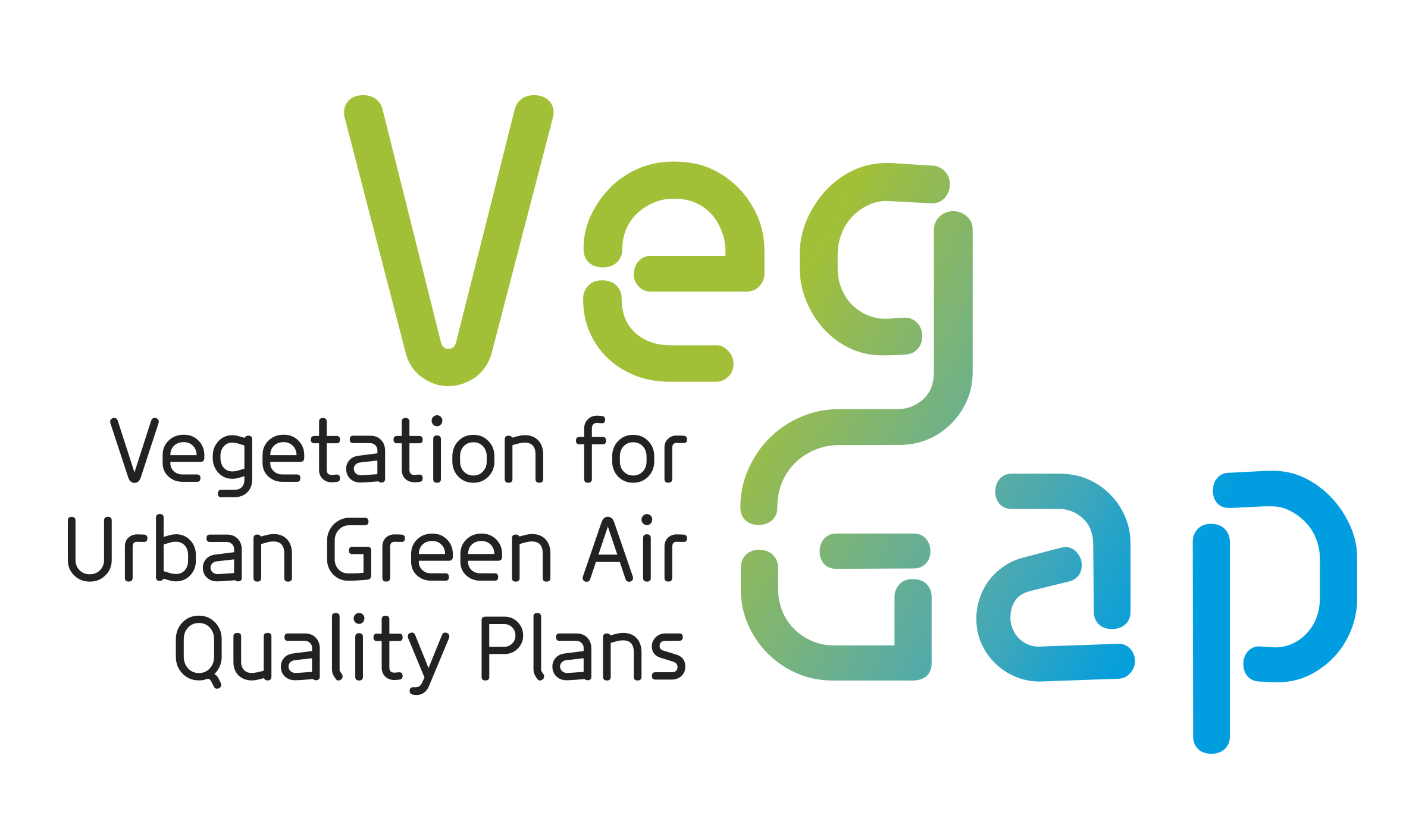In recent years, all cities around the world are experiencing major
impacts on urban ecology and society caused by climate change and the current
pandemic. To address these challenges on a global scale, the European Union's
International Urban and Regional Cooperation (IURC) Programme in collaboration
with we!park, a partner of the Bangkok Metropolitan Administration's (BMA) Green Bangkok 2030 initiative, organized the International Online Forum "New Green Possibilities" with the aim of promoting inclusive cooperation between different continents.
"New Green Possibilities" invited key urban actors such as policy makers, networks, designers and
project developers to explore new possibilities for the development of green
spaces in urban areas and to share and expand their visions and solutions
through a comparison of case studies and policies for green infrastructure
development from around the world.
To give evidence of how Milan is learning to act in a practical and
tangible way, through innovative tools and actions to develop a new City
scenario of growth and sustainable development, the Resilient Cities Department
of the Municipality of Milan, partner of the VEG-GAP project, has been invited
to the Platform Talk Session "Green City Platform".
The "Green City Platform" Session highlighted key 'platforms',
initiatives and networks that promote green urban development. Discussion
topics included how these platforms can be supported and scaled up so that more
green spaces can be developed in urban areas, resulting in a better quality of
life for people.
In the presentation of the City's ecosystem of projects, plans and
actions for a greener Milan, the VEG-GAP project was mentioned as an important initiative
to assess the direct and indirect effects of vegetation on air quality,
temperatures and human health and to identify the most suitable tree species
for the City of Milan based on meteorological, climatic and air quality
components.
By 2050 there will be 6 billion people living in urban areas and today it
is estimated that already more than 70% of harmful emissions to the planet come
from cities. Therefore, the VEG-GAP project, given its commitment to carrying
out innovative research and tools to support urban air quality plans inspired
by the awareness of how urban vegetation is an extraordinary resource for air
quality in cities, can only look forward to this new initiative of its Pilot City.


